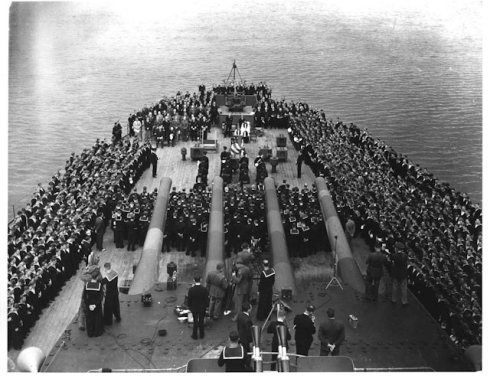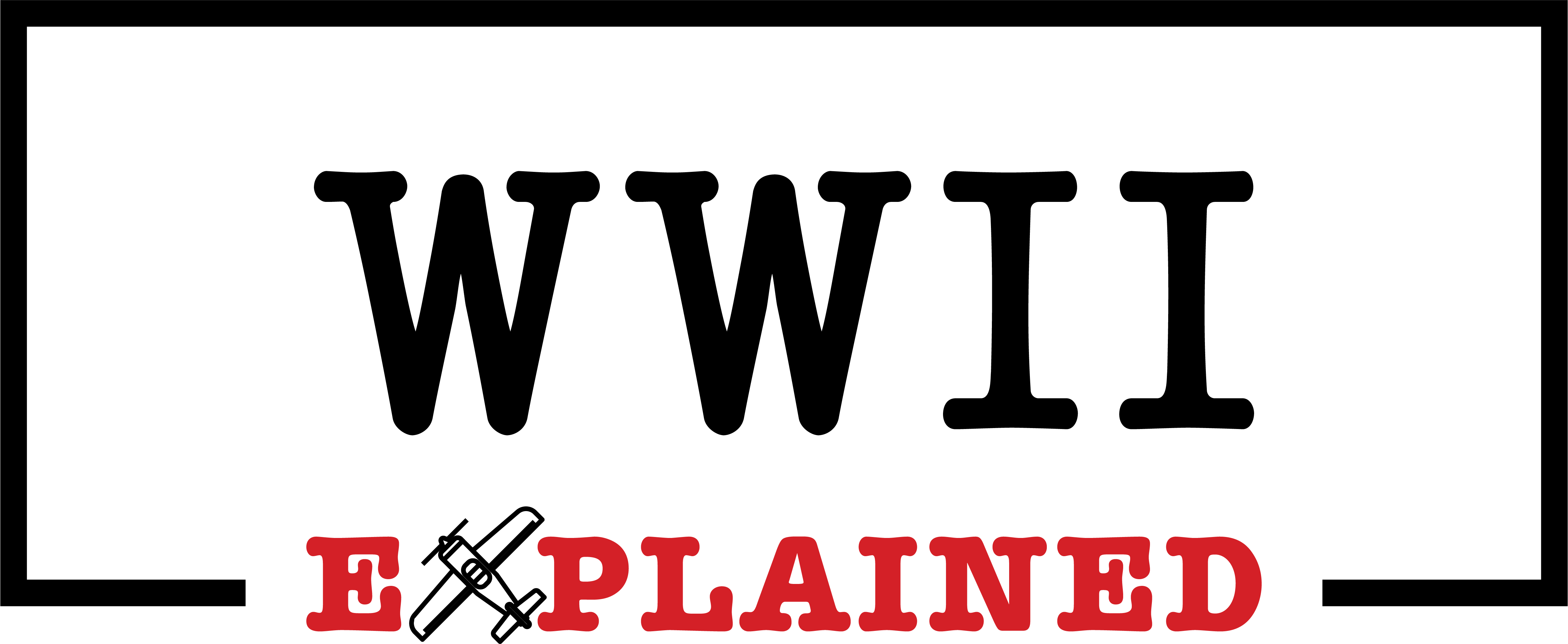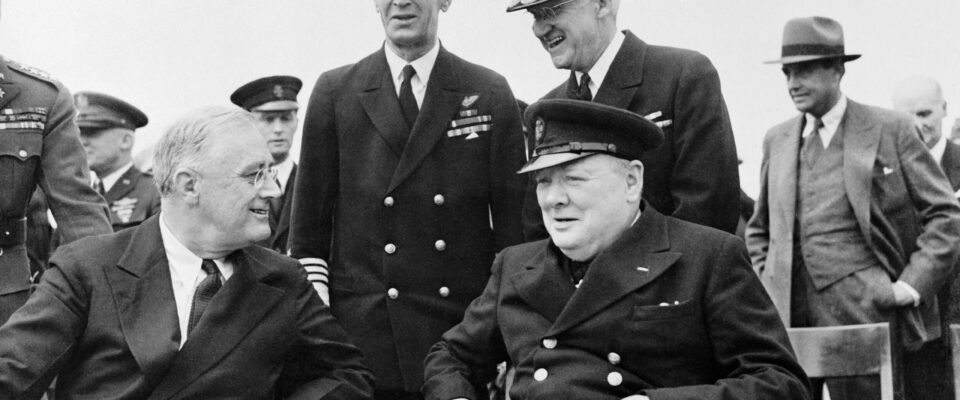The Atlantic Charter was a joint statement issued by the United States and Great Britain, that outlined a vision for the postwar world. First issued on August 14, 1941, the statement was quickly and widely endorsed by 26 Allied nations who eventually pledged their support by January 1942. Among 8 principles outlined in the statement, were the right of all people to self-determination, the easing of trade barriers and a plea for disarmament after the war. The document became the basis of the modern United Nations in 1945 and inspired numerous other international agreements and events postwar.
In 2021, the “New Atlantic Charter” was jointly signed by U.S. President Joe Biden and British Prime Minister Boris Johnson during their initial meeting in Cornwall.
The Atlantic Conference
Between August 9 and August 12, 1941, U.S President Franklin D. Roosevelt and British Prime Minister Winston Churchill met for the Atlantic Conference in Placentia Bay, Newfoundland to discuss a range of issues related to World War II. It was the first time that the two had met as leaders of their respective governments, and at the time, the U.S. had not yet entered the war until the attack on Pearl Harbor, four months later. The meetings were held aboard naval ships under utmost secrecy. Their joint declaration was officially issued on August 14, 1941, and was known as the Atlantic Charter. The document stated that both Roosevelt and Churchill “deem it right to make known certain common principles in the national policies of their respective countries on which they base their hopes for a better future for the world.”

Principles and Policies
The Atlantic Charter expressed the U.S. support of Britain in the war. Both nations wanted to present their unity in their hope for a peaceful world post war through their mutual principles and policies that they agreed to adhere to following the defeat of Germany.
The eight principles of the Atlantic Charter were as follows:
1) No territorial gains were to be sought by the United States or the United Kingdom.
2) Territorial adjustments must be in accord with the wishes of the peoples concerned.
3) All people had a right to self-determination.
4) Trade barriers were to be reduced.
5) There was to be global economic co-operation and advancement of social welfare.
6) The participants would work for a world free of want and fear.
7) The participants would work for freedom of the seas.
8) There was to be disarmament of aggressor nations and a common disarmament after the war.
Allied Nations in Support of the Atlantic Charter
The Allies, which had met in June, together with prominent organizations quickly expressed support of the charter. Then, On 24 September 1941, at the meeting of the Inter-Allied Council in London, the governments-in-exile of Greece, the Netherlands, Belgium, Czechoslovakia, Norway, Luxembourg, Poland, the Soviet Union and representatives of the Free French Forces, unanimously announced adherence to the principles and policies of the charter.
On January 1, 1942, representatives of 26 Allied governments held a meeting and issued a joint “Declaration by United Nations”, in which they pledged their support and adherence to the Atlantic Charter.

